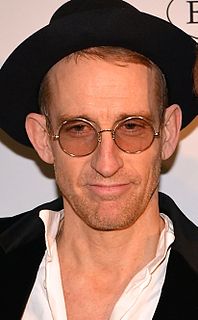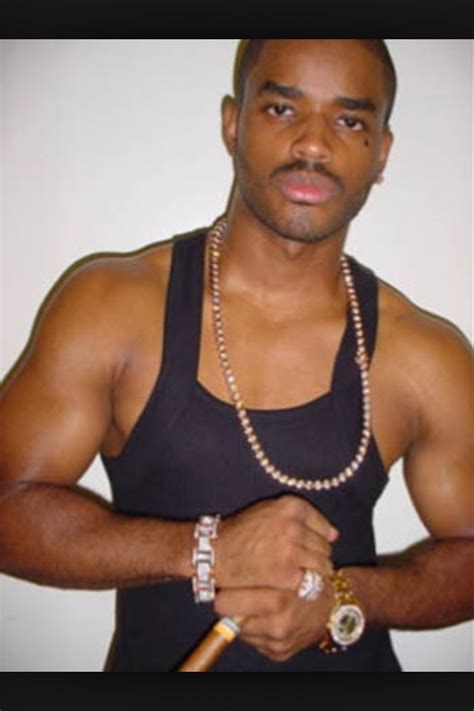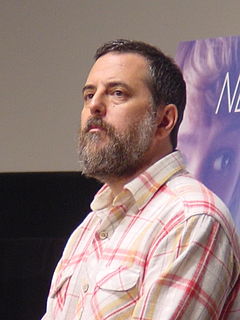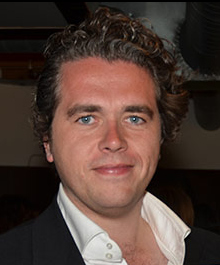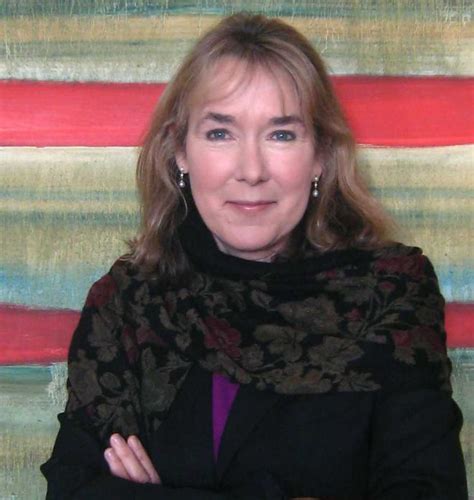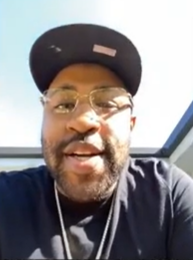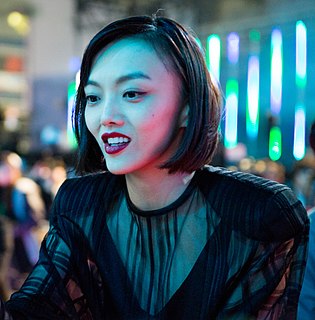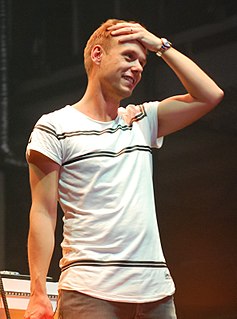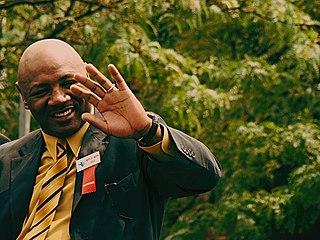A Quote by Ruben Fleischer
When I started trying to become a director, I started shooting low budget short films, 50-dollar music videos, making my own stuff. That eventually led to commercials.
Related Quotes
I was making commercials. That's how I learned the craft. That was the marketing part of it: directing commercial for TV. It wasn't the most common thing to become a filmmaker in Greece. I started by saying I was interested in marketing and have a proper job in advertising and commercials. Basically, I studied film to learn how to do marketing, and commercials. As I studied film I learned I'd be interested in making films instead of commercials.
In terms of my career, it began in earnest when I was living in Boston. I started doing my own films, working initially as an editor and editing assistant - briefly - at WGBH, as an editor on other people's movies, trying to get some experience under my belt, but eventually just doing my own short films, doing them my way.


